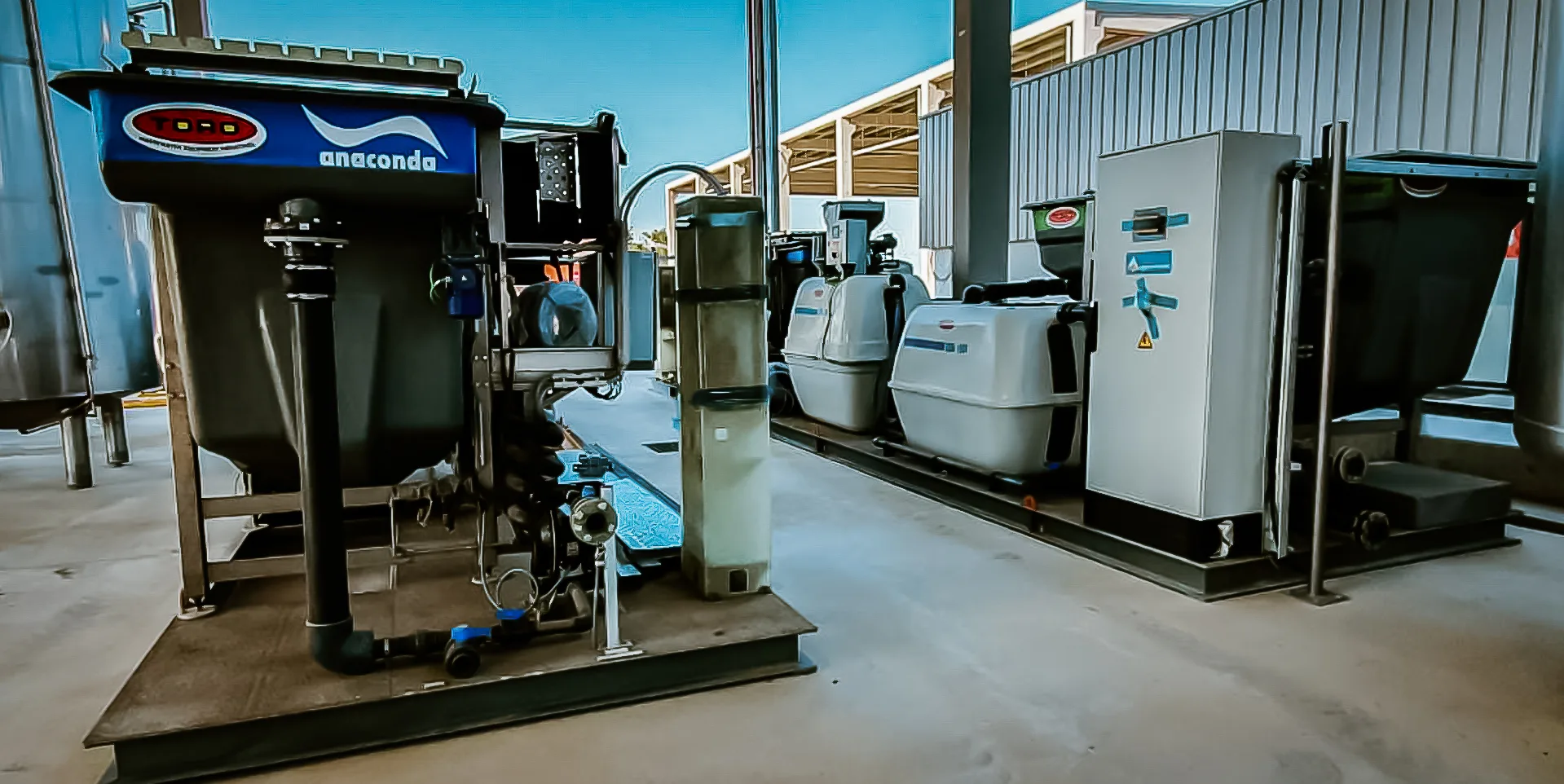

Flocculation chemicals. Play a crucial role in various industries, including wastewater treatment, mining, and food processing. These chemicals are essential for the process of flocculation, which is the aggregation of particles to form larger clumps, making it easier to separate them from the liquid phase. In wastewater treatment, are used to remove impurities and contaminants from water, ensuring that it meets environmental standards before being discharged. The most common types of flocculation chemicals include inorganic coagulants such as aluminum sulfate and ferric chloride, as well as organic polymers like polyacrylamide.
Play a pivotal role across diverse industries, including wastewater treatment, mining, and food processing. These chemicals are instrumental in the flocculation process, wherein particles aggregate to form larger clumps, facilitating their separation from the liquid phase.
In wastewater treatment, his use is crucial for the removal of impurities and contaminants, ensuring that water meets stringent environmental standards before discharge. Among the most common types of flocculation chemicals are inorganic coagulants like aluminum sulfate and ferric chloride, along with organic polymers such as polyacrylamide. These chemicals operate by neutralizing charges on particles, enabling them to coalesce and form flocs.
The mining industry benefits from flocculation chemicals as they aid in separating valuable minerals from waste materials, thereby enhancing the efficiency of the extraction process. Additionally, in food processing, these chemicals are employed to clarify liquids like juices and wines, contributing to improved quality and appearance.
Crucially, the proper selection and dosage of flocculation chemicals are vital for achieving optimal results. Overdosing can lead to excessive floc formation, while underdosing may result in ineffective treatment. Collaborating with experienced professionals is essential to determine the most suitable flocculation chemicals for each specific application.
In conclusion, stand as indispensable agents in various industries, playing a vital role in the treatment and purification of liquids. A comprehensive understanding of their mechanisms and applications enables businesses to ensure efficient processes and compliance with regulatory requirements. By leveraging the benefits of it, industries can contribute to sustainable and responsible practices in the treatment of liquids across diverse applications.